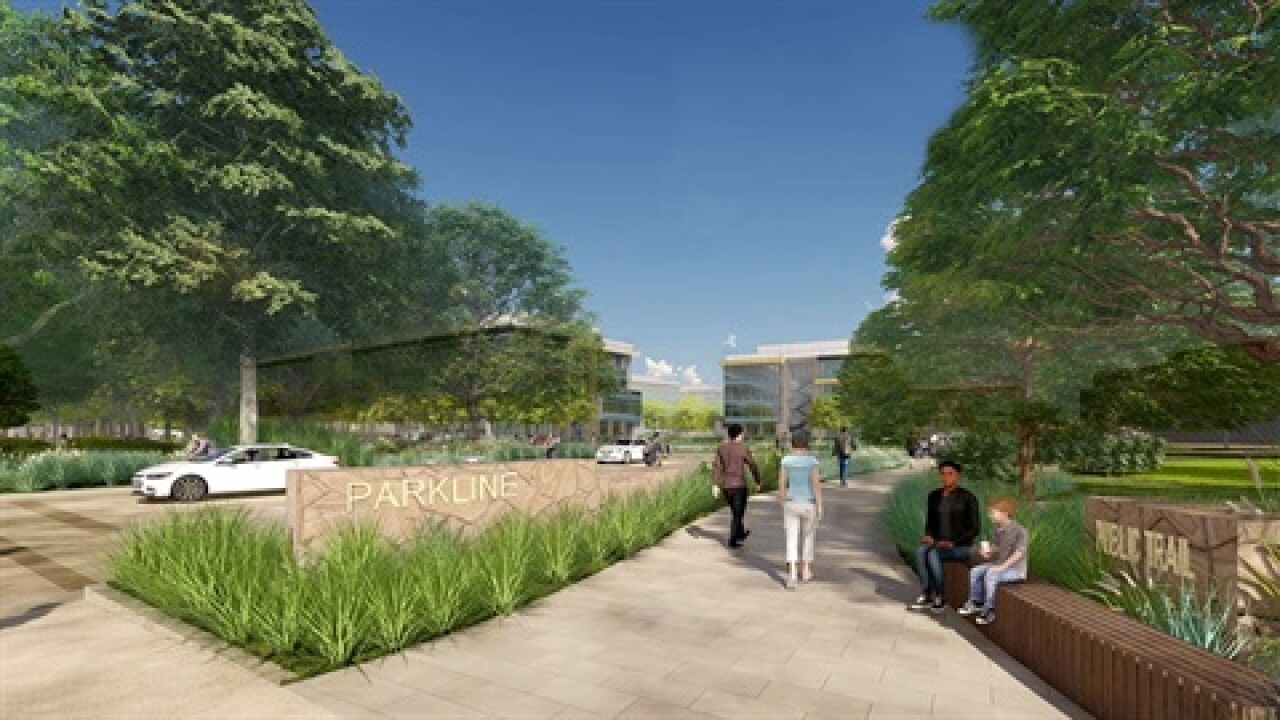
The battle for dwindling infrastructure funding, the possibilities offered by a surface transportation bill reauthorization, and new money flowing into the Highway Trust Fund is raising questions about public transit's future.
"We all have challenges ahead of us," said Rep. Rick Larsen D- Wash., the ranking Democrat on the House Transportation and Infrastructure Committee.
"I'll be working hard to preserve transit funding in the next surface bill. There's been discussion during the committee's reconciliation process of new revenue to make the highway trust fund solvent, and I'm committed to ensuring that at least 20% of any new revenue goes to transit, as it has for the last 40 plus years."
The comments came during the American Public Transportation Association's legislative conference on Monday. The Highway Trust Fund, which is supported by fuel taxes typically funnels 20% of its money into the transit sector.
The House T&I Committee is seeking to prop up the highway fund by
"We have got to keep the money coming in to transit," said Sen. Elizabeth Warren D- Mass.
"We have to persuade our Republican colleagues, as well as our Democratic colleges it's in everybody's interest not to go below 20%. That's my number one goal. My number two goal is giving you more flexibility in how you spend that money."
The flip in administrations to Trump from Biden has changed the tone on formula funds and federal infrastructure grants, which usually require local matching funds that are often raised though bond sales.
The House T&I Committee is casting a
Department of Transportation Secretary Sean Duffy has taken the transit sector to task over
"If you think that transit is for a homeless shelter, or if you think transit is a place where we should allow those who are mentally ill to congregate, or if you think it's a place that criminals can go to get access to a lot of hard working Americans and pick their pockets I think you're wrong. We have to have transit that's clean transit, that's safe."
Duffy challenged transit administrators to do a better job while also claiming to be neutral in upcoming funding battles between transportation modes.
"Contrary to popular belief, I don't have a favorite," said Duffy. "I don't care if you want to use planes, trains, or automobiles, your EV or your combustion engine. I think America has the right to choose, and I think they should choose. I don't see transit as the ugly stepchild of the department."
The Trump administration has an ongoing
Higher tolls charged on cars for entering the city is sending money to the beleaguered New York Metropolitan Transportation Authority.
Infrastructure spending soared during the Biden administration as the Trump administration is now in charge of dispensing what's left of federal grant money created by the Bipartisan Infrastructure Law. The BIL will expire Sept. 2026 as a reauthorization hangs in the balance.
The squabbles over current and future infrastructure fundings includes debates over formula funding, which is predictable and based on user fees, versus federal grants which are popular in some smaller municipalities for targeting specific projects.
The





